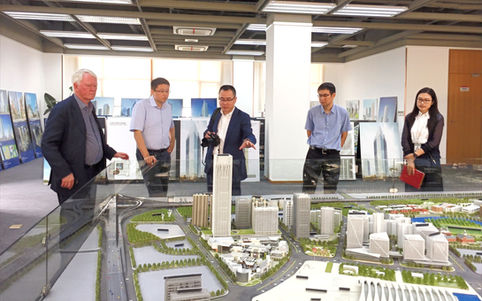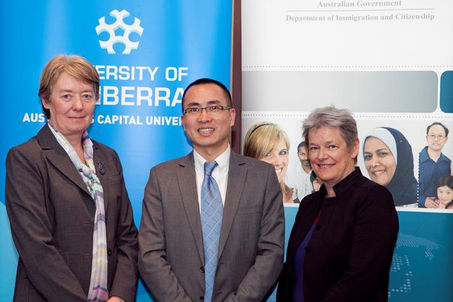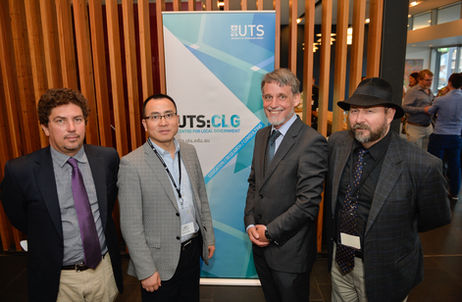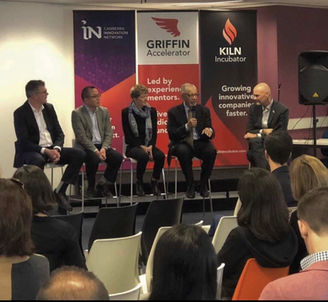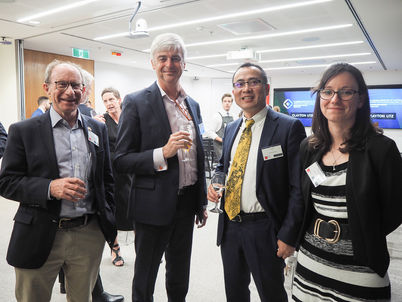
Shanghai Global City
Authors: Hu, Richard
Smart Design Lab experiments and advances new design thinking and approach to tackle the emerging smart urbanism.
Towards a Smart Design Manifesto
Smart design is more a way of urban thinking than a design toolkit. It is a design approach that is both responsive and anticipatory—responding to an emerging urban trend, and anticipating its future trajectory. Embracing adaptability and resilience, smart design is charged with advancing a design-led approach to addressing the increasing change and uncertainty in contemporary cities. This approach requires a whole-of-life design solution. It breaks the traditional linear progress of design and integrates different stakeholders into the collaborative design, delivery, use, and management of urban spaces. The proposition of a smart design manifesto builds upon and extends urban design to explore and advocate a type of urban thinking that focuses on change, flexibility, collaboration, and experimentation.
Read more: Smart Design

A theoretical framework for smart design
Smart Work
Smart work is a new way of ‘working anywhere and anytime’. Its emergence is being enabled by the knowledge economy and the new technology—a possibility that is unique to the smart age. It is defined and delineated by two conpetual criteria—'temporal-spatial flexibility' and 'collaborative consumption–production'.
Read more:
COVID-19, Smart Work, and Collaborative Space
Spatial Disruption and Planning Implication of the Sharing Economy

Smart work as a sharing economy
Crafting Innovative Places
We have been obsessed with things at a larger and often global scale. However, underlying the global system is a place-based network. We need to discover or rediscover the role of places in innovation and in growing a knowledge economy in the context of contemporary globalisation and urbanisation. In approaching places, we emphasise crafting. Crafting is not imitating; it is generating new, locally driven but globally connected places that will function as strategic nodes within national cultural, economic, social, and political systems. This is not a revolution, but an evolution.
Read more:
Crafting Innovative Places for Australia’s Knowledge Economy





